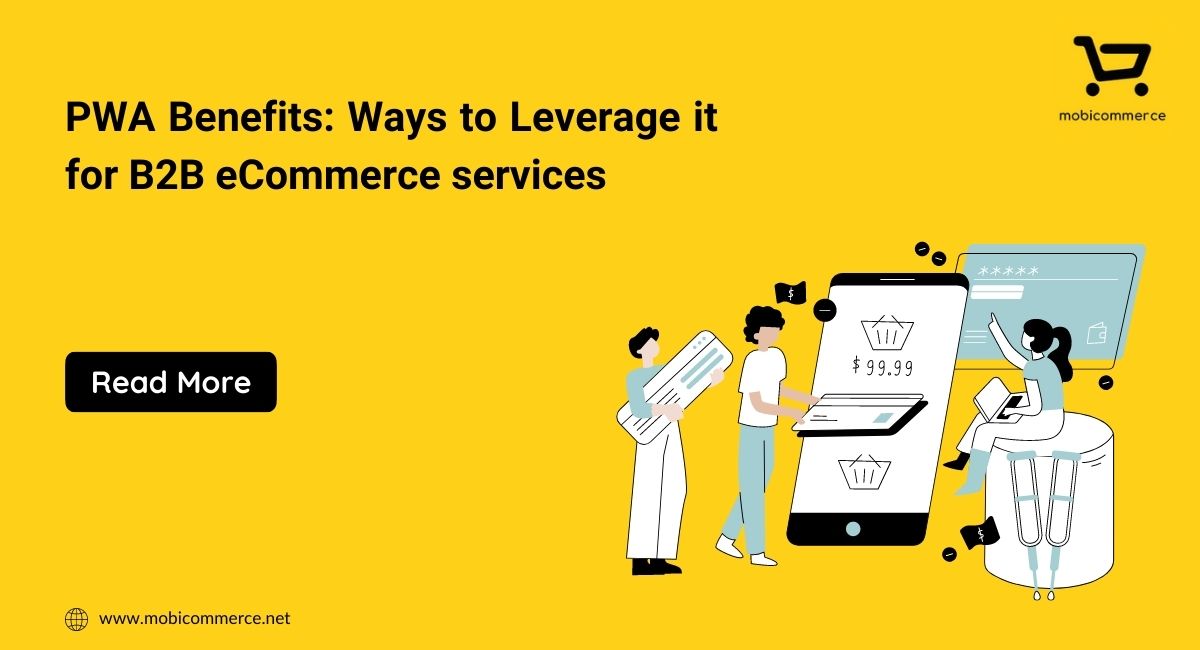Human relationships are founded on trust nurtured between persons. If either party breaks it, building it again will be difficult. In eCommerce, it makes things more problematic, as trust is an intangible binding a consumer has with a product or a company. Most often, the trust becomes an emotional but non-contractual obligation, subsequent to a better customer experience.
In all contexts, companies hold vested interests in developing trust as a means to meet their promotional goals, and therefore it is finally your strategic pulling-in the customers by infusing in them consumer loyalty. Without developing any trust element between your product and the customers, you will never be able to maintain consumer loyalty, which is the only way for growing eCommerce business.
Here are a few ways to build trust and brand loyalty of your online business.
No customers will just buy a product, simply because you placed it on your web page. For this, they need persuasion, which is your trust building strategy. Your eCommerce success revolves around how far you are successful in doing this. Your customers’ buying decision can become positive only if they could cultivate an emotional relationship with the product.
Mostly your customers may not have any prior knowledge about you or your product, except what is discretely fed into them by the search engines. Naturally, such visits often leave doubts about your integrity in keeping their money safe. There are also chances of their suppressing a feeling of uncertainty about your fulfilling the orders.
Getting a new customer involves 7 times more money, time, and effort than retaining an existing one. Therefore, customer retention must be given priority, as even a small percentage of increase in retention can lead to a dramatic increase in the product sales.
That said, the average order value for returning customers is thrice that of the first-time customers.

Image Source: SwellRewards
Recent researches have affirmed that 65% of the revenue collected by the eCommerce companies comes straight from the returning customers, and their contribution is 48% of the total U.S. e-commerce.
Many customers will leave your company if the support given is below their expectations. Dissatisfaction with the quality of your products and poor after sales service can compel the customers to leave your company in distrust. Such failures in trust building and customer retention can be fatal for all eCommerce business owners.
The latest statistics reveal that the average value of loss due to non-retention of customers at the global level is $243 billion. In the US alone, poor customer service caused a loss of $83 billion, last year.
Customer experience is a major factor determining customers’ trust with a company. As per the Walker study, it has already indicated that what is going to decide on the price and product of a company in eCommerce by the year 2020 will be customer experience.

Image Source: VisionCentral
The success of eCommerce depends mostly on the customer experience, which is always linked with transparency in transactions. Therefore, while maintaining transparency at all levels of the transaction, you can easily place customer reviews on your sites, as well as the social networks.
Researches have reinstated that people who happen to read customer reviews are 105% more likely to purchase during page visits. Any failure in promoting positive reviews can become disastrous to your eCommerce dreams, as recent surveys have indicated that consumer reviews are trusted 12 times more before making an online purchase.

Also, 89% of shoppers have stopped buying online, due to bad customer service. The contribution of customer review in developing trust can be understood from the fact that 61% of customers read online reviews prior to their purchase decision.
What is third party reviews and how it helps to your brand?
The retailers can use third-party review platforms for raising the customer service standards to avoid negative feedbacks. Many retailers, such as; Comet, Argos, Tesco and many more employ this strategy to construct reliable reviews on their product pages, so that the customers get a good impression about the products, which are pathways of building trust. The market research studies have validated this, stating that 63% of online customers purchase; only from sites that post user reviews.
Posting reviews about your product and service on social media, along with your vendor platform, will surely act as a catalyst in generating trust in your visitors. Equally, it will make you committed to quality service, increasing your website’s conversion rate.

Image Source: SmartInsights
Additionally, posting social proof as evidence of the quality and reliability of the product, will inspire the customers to trust not only the product but also the company. Basically, people’s trust in anything is deeply influenced by the recommendations of their kith and kin, rather than the reviews and testimonies from other sources.
Conclusion
To conclude, eCommerce is built upon trust, that is developed through repeated customer visits, customer satisfaction, and brand loyalty. The business owners need to provide more insights about their products and service publicly, so that the new customers can make a purchase decision with confidence. Consumer reviews on social media, testimonials, and social proof have a deep impact in building consumer trust, which is the only way to make eCommerce glorious.

In order to improve user experience, businesses are increasingly turning to progressive web apps, which combine the best features of regular apps and websites. Ecommerce businesses which have created mobile-first PWAs have seen significantly faster page loading times, better conversion rates and improved engagement. On average, a website using PWA can increase speed performance by… Continue reading PWA benefits: Ways to Leverage it for B2B eCommerce services

If you have a grocery store and you are looking to take your business to the next level, then this is the right time to invest in grocery mobile apps. A report by Oberlo suggests that online grocery sales in the US are expected to reach $160.91 by 2023. Not only this, the revenue continues… Continue reading How to Build a No-Code Online Grocery App in 2023?

Most businesses create an app to establish their business in the digital world. But after some time, these businesses end up investing much more money by creating different versions and similar apps for different operating systems to stay relevant in the market. Later on, this choice of businesses becomes painful as they spend more money… Continue reading How to Build Modern and Offline Progressive Web Apps
Sign up for our newsletter and be the first to receive all the latest updates.
Request a callback from us by filling the form below.

Get your project estimate. Brainstorm business ideas. Book a demo. Get complete support and so much more!